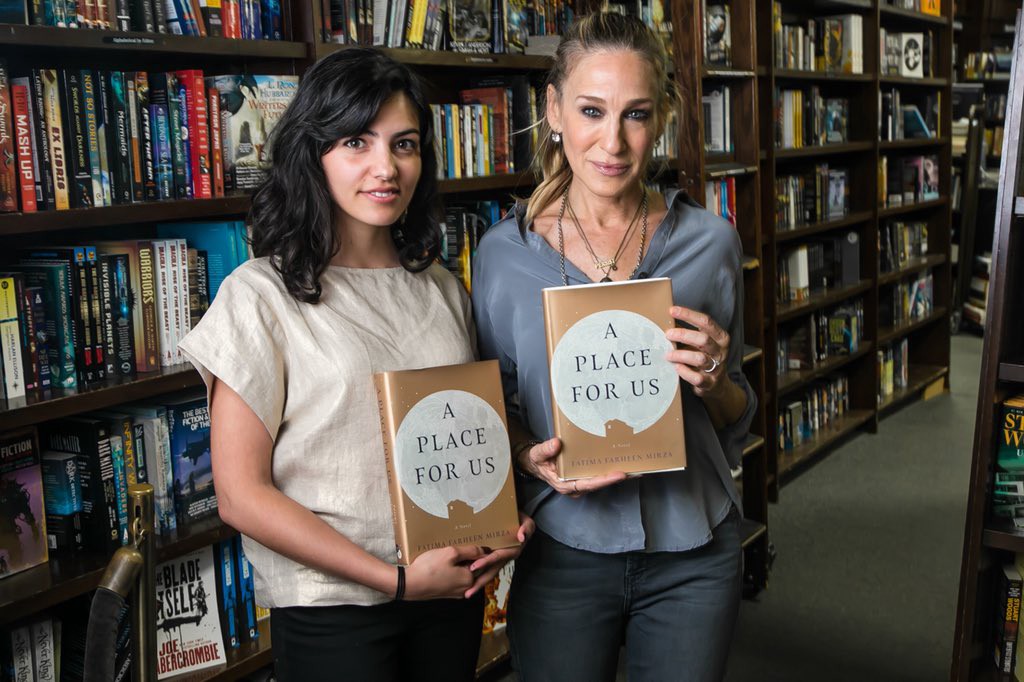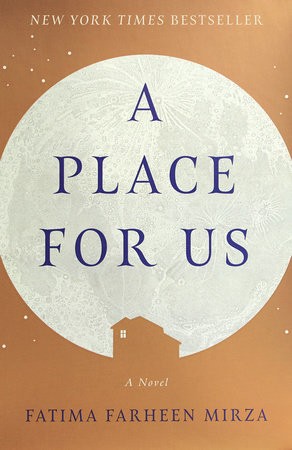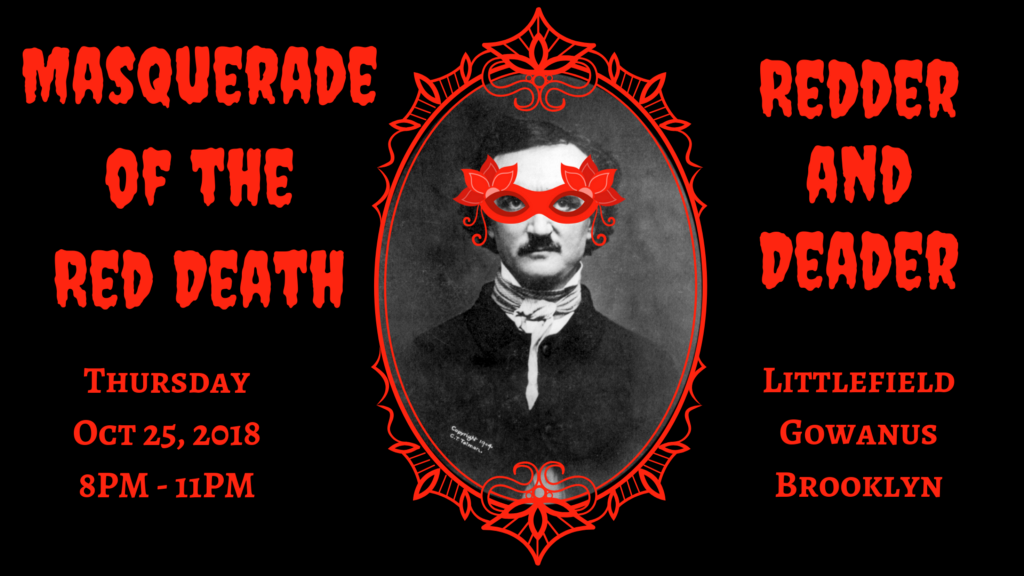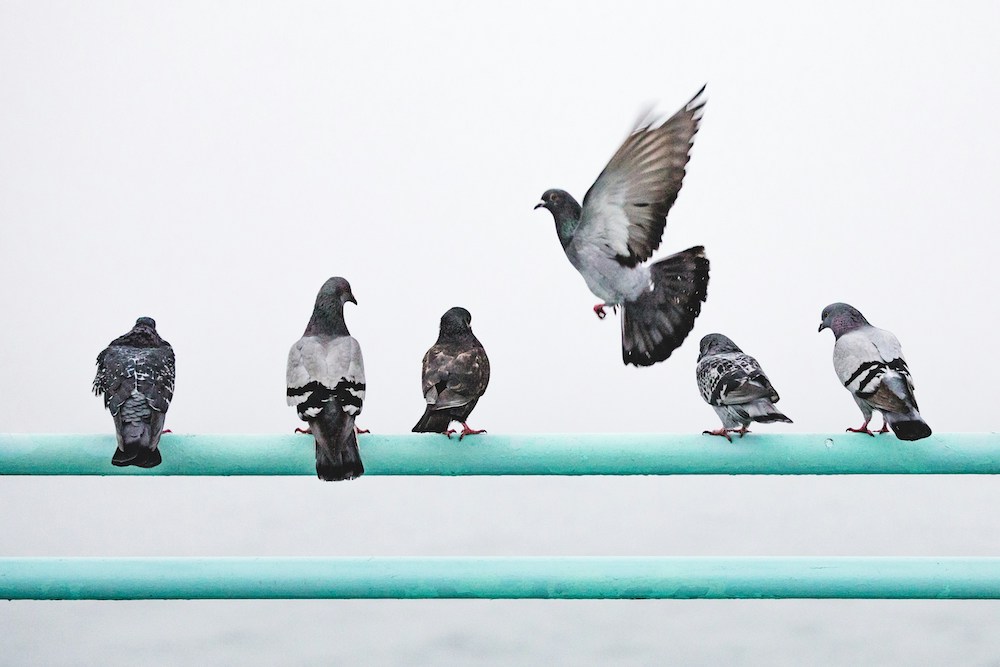interviews
Fatima Farheen Mirza on Having Sarah Jessica Parker as an Editor
The author of ‘A Place For Us’ on life-affirming representation and writing a family that looks like hers

Amar, the not-so-prodigal son of a Muslim family returns for his sister’s wedding and tears open tucked-away secrets in Fatima Farheen Mirza’s A Place for Us. Mirza simmers the family’s deep love for each other and its dysfunction by handing narration to different family members and skipping time, backward to 9/11 and beyond, and onward to 2016.
The characters look back in search of the roots of Amar’s rebellion and his flight from the family. With delicate, embracing prose, Mizra interrogates memory, faith, and hope. The debutante of the shiny new SJP for Hogarth imprint (editorial director, Sarah Jessica Parker), Mirza’s novel slid into the New York Times Bestseller List upon its publication.
I spoke with Fatima Farheen Mirza about being with her characters when they are alone, Shia Muslim heroines, and receiving edits from SJP.
J.R. Ramakrishnan: How did you react when you first heard that Sarah Jessica Parker was interested in your book? What was your relationship like during the book’s journey to publication?
Fiction asks a reader to look closely at a life, and the act of looking itself is a loving act, an affirming one, and it sends a powerful message: your life matters.
Fatima Farheen Mirza: I’m so happy that the book found Sarah Jessica’s hands. She’s one of the most remarkable people I’ve ever met, one of the most genuine, and I’ve learned so much from her. It has been inspiring to see the way she’s gone above and beyond with her role as an Editorial Director. Every time we’ve spoken about the novel I’ve had the thought that she is the ideal reader a writer might want for their book because she reads with her whole heart — she’s thoughtful, insightful, and so precise in her observations. It’s clear that she cares about the characters as though they were real people and that she reads books as though she’s lived in them. And I’ve felt so lucky this past year to have her support and guidance, whether we’re celebrating something exciting about the book, or she’s offering advice on how to approach an interview, or talking through what it is like to create something and share it with the world, how it can be both frightening and rewarding. She’s really been there for me, and her presence, her kindness — it has made publishing this novel a truly meaningful and unforgettable experience.
JRR: In A Place for Us, you take us deep into the world of an American Shia Muslim family. We have italics to remind us of the non-English words but you also don’t really offer over-explanation of elements such as the ziyarat or the differences between Sunni and Shia Islam, which is part of the daughter Hadia’s later rebellion. I appreciated this but I wonder if you felt any obligation to explain your community? Did you feel like a translator of sorts?
FFM: The only obligation I felt was to the characters — to do justice to their story as they would tell it, which meant only including the details or phrases that would naturally arise in their mind or in a scene. The words in Urdu are ones they would not think to translate, or sometimes ones that have no English equivalent. I avoided explanations unless they were necessary to understand the emotional impact of a moment, but even then there are ways around turning to a reader. For example, in one scene, Amar chooses to not go to mosque on eighth Moharram, which sends an immediate message to readers who have grown up commemorating Moharram, but those who haven’t can understand the significance of Amar’s decision based off of the other character’s reaction to it, and their dialogue.
JRR: It’s often the case when a reader is offered multiple POVs, a favorite emerges. I latched on to the son Amar at first and then the patriarch Rafiq, who we meet at the end in full. Was the multiple narrator approach always the intention for this narrative?
FFM: From the very beginning I was writing in multiple perspectives. Hadia’s came first — originally, she opened the door to Amar when he’d just come home to attend her wedding, after having run away years ago. Soon after, I started writing in Layla and Amar’s perspective. Only after I’d written the bulk of the past sections did I enter Rafiq’s perspective. The first line of his voice is exactly as it appears now, and I remember being so surprised by its presence — it was in first person, and he was speaking from almost a decade into the future. One of my aims with the novel was to offer as complete a picture of this family as possible, to fully understand the difficult position they’re in, and I knew that if I wanted a balanced portrayal, I’d have to write through multiple perspectives.
JRR: I enjoyed how each character accounts for — and in some cases — shoulders the blame for Amar’s trajectory in the novel. As all their creators, I wonder what moment you see as the point that Amar stepped off into the abyss?
I was trying to look honestly at a family like mine, in the hopes of also better understanding my home, and how where I came from shaped who I am.
FFM: In some ways, the entire novel is an attempt at an answer to this question. For a character to return to a moment from their past is to implicitly ask: what did this moment mean? How could I have spoken differently, acted differently, for a better outcome? When Rafiq remembers the night of Amar’s birth as an omen, we do wonder if Amar was destined for his life from the beginning. Other times, when Layla is having a hopeful conversation with his teacher, or Hadia is watching him study for a spelling test as a kid, the avenues his life could take seem full of possibility. But though these questions drive the novel, the scenes never answer them, because it is impossible to land on a clear, simple answer. Each action, each relationship, exists in a web that becomes more complex, more tangled, the more you try to look at it to parse out a single cause.
JRR: The post 9/11 altercation Amar has with one of this former friends (the betrayal!) felt so real. Was this episode in the book inspired by events you experienced?
FFM: Yes, that scene was inspired by events that I and many of my loved ones experienced, and continue to. To be honest, anti-Muslim or racist encounters are much more present than the book portrays — it’s like a constant low hum that is unnoticeable on most days, but will rise in volume when another brings attention to it — a man on the plane asking me if I am one of the good ones upon learning my name, for example, when I’d only been wondering if I would be able to fall asleep during the flight.
But for this family, I didn’t want to dwell in those encounters — I didn’t ignore them — but I felt very stubborn about wanting to guard them from being primarily accessed through that lens. The anti-Muslim interactions, the racism, the political context they live in — it puts an inescapable pressure on their lives, but it is also what others bring to them, the labels the world forces them to face. And I wanted to be with my characters when they were alone. So I would think, why can’t Amar’s story be about falling in love for the first time, about carving Amira’s initials into his windowsill? Why can’t Layla wander between library shelves wondering which book to check out? Why can’t Hadia dye a chunk of her hair electric blue? These are the very moments that fill their days, give meaning to their life, and the focus of their heart and attention, after all.
JRR: In my limited understanding of the Shia cosmology, women such as Fatima, the Prophet Muhammad’s daughter, and her own daughter Zaynab are formidable, vocal characters. In your book, Hadia and Huda are no pushovers either. In their own ways, they chafe against patriarchy. How close would you say you are to your characters in this respect?
FFM: In my own life, I was much more vocal than Hadia and Huda. Hadia accepts some of the conditions of her life and she also chooses her battles wisely, whereas I was much more stubborn, and almost to a fault could not do anything I truly didn’t believe in. To the great annoyance of my parents, I was always trying to distinguish between what they wanted for me and what I wanted for myself, or challenging what was expected for me as a girl that was not expected of my brothers. But the novel was not the form for me to work through my thoughts on the patriarchy or to fictionalize my own journey, as my job was to imagine and honor Hadia’s experience, which is determined by her personality and grounded in the particular details of her life.
To be honest, anti-Muslim or racist encounters are much more present than the book portrays. It’s like a constant low hum that is unnoticeable on most days, but will rise in volume when another brings attention to it.
But I loved that you touched upon Bibi Fatima and Bibi Zaynab — as these were the early women of Islam whose stories I was told as a child, and they were strong, they were sharp, they were brave. They were vocal about their beliefs, and advocated for social justice, even if they were the only women present doing so, or if they were speaking out against men who were opposed to them. Growing up, if ever I was frustrated by the messages that were being sent to me as a young woman, I’d see how at odds the messages were with the character and examples provided by these women. One was noticing this pressure placed on daughters to settle down partly as a way to give peace of mind to her parents, as they would know that their daughter’s life was secure and provided for, which frustrated me when it was expressed to me, or to other young women — even as one’s education was being valued and supported — because it still implicitly discouraged the idea that she could provide for herself, secure her own future, and above all, trust in herself, her own capability, her own path. And in these instances, I’d like to remember Bibi Khadija, the wife of the Prophet and the mother of Bibi Fatima, who was an incredibly successful and independent businesswoman, who employed the Prophet before their marriage, and whose wealth later supported the Prophet and his message.
JRR: I mentioned that I was reading your book to a Brit/American-Pakistani friend of mine and she told me that all her cousins are reading it too with great excitement. Have the people in your immediate community offered literary praise (or criticism)?
FFM: That makes me so, so happy. Hearing from readers who connect with the book on that level has honestly meant the world to me. At first I was really surprised by how consistently it was encountering familiar details that spoke to my family, or my immediate community. But I also understand it, as I’ve hardly ever seen the particular details of my life reflected in literature, movies, or song, and anytime I do it is so inexplicably powerful I start crying. Fiction asks a reader to look closely at a life, and the act of looking itself, even if it is looking at something painful, is a loving act, an affirming one, and it sends a powerful message: your life matters.
One reaction that has meant a lot is when other first generation readers tell me that it has helped them better understand their parents, or feel at peace with some of the difficulties of growing up in a household like ours — whether it be a household of faith, or one that is caught between two cultures, two languages. I have no words to describe what that means to me. That alone is all I could have hoped for. Maybe because it is what I’d been trying to do with through novel for myself — I was trying to look honestly at a family like mine, trying to capture the details that are dear to them, and not flinch from or reduce the difficulties, in the hopes of also better understanding my home, and how where I came from shaped who I am.









